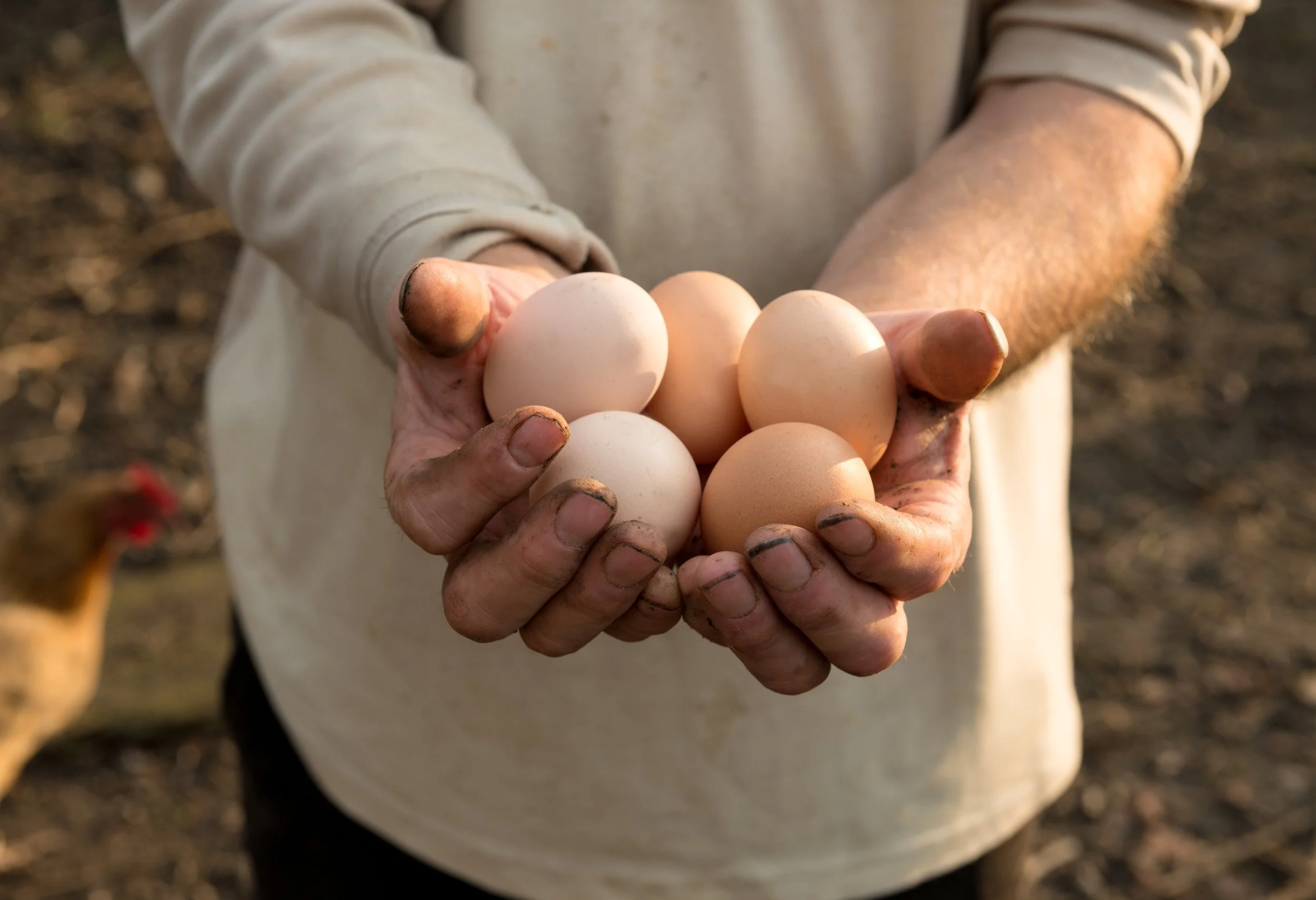CEO Corner: The Search For Eggs
Andy Naja-Riese, AIM CEO, January 26, 2023
An outbreak in avian flu is taking a toll on the conventional egg market. Large scale conventional egg layers—often raised in confined spaces and cages—are getting hit much harder by avian flu given the size of their flocks and the spread of the virus. Whereas farmers that raise organic eggs and pastured eggs are typically much smaller in size, are less impacted by changes in the marketplace.
Because it will take months for conventional egg layers to rebuild their flocks Industry trends will undoubtedly shift consumers towards organic and pastured eggs - which generally have better nutrition, and better animal welfare. It may be the case that organic eggs will be cheaper than conventional eggs in some markets.
As the need for greater biosecurity for egg layers grows, there is also the opportunity to invest in infrastructure for organic transition, a more localized food system, and other innovations like mobile chicken coops.
Unfortunately, in responding to the crisis in the egg industry, there’s one group of consumers left out. Mothers of low-income who participate in the federal WIC program cannot use their WIC nutrition benefits to purchase organic, brown eggs, or other specialty eggs. I’d recommend an immediate waiver to allow WIC mothers to buy organic and pasture eggs. Better for nutrition, better for the planet, and frankly what’s available.
Marin Independent Journal article, “$7 a dozen? Why California eggs are so expensive — and increasingly hard to find”, for more details.

